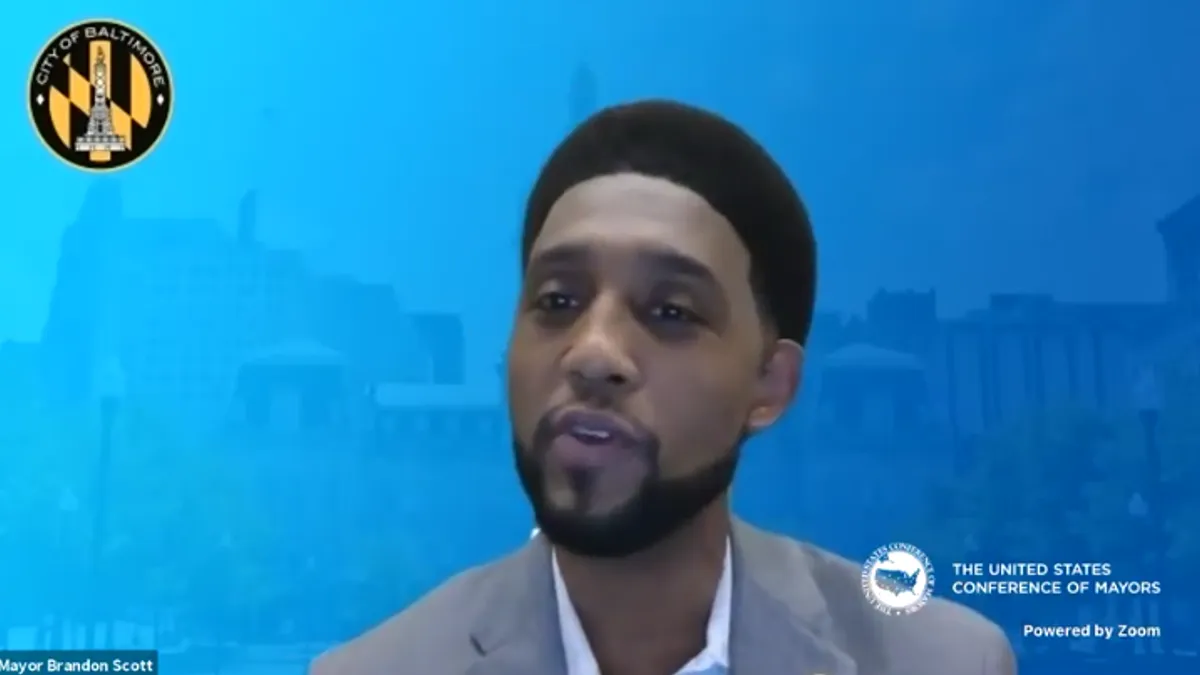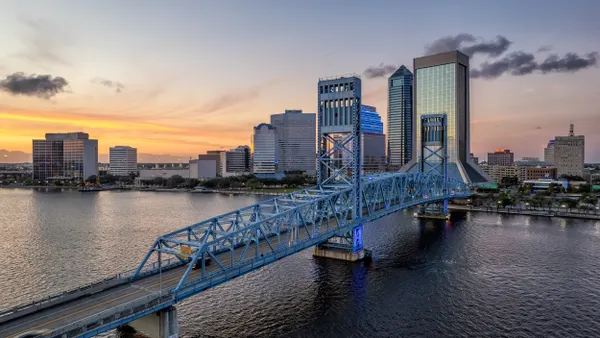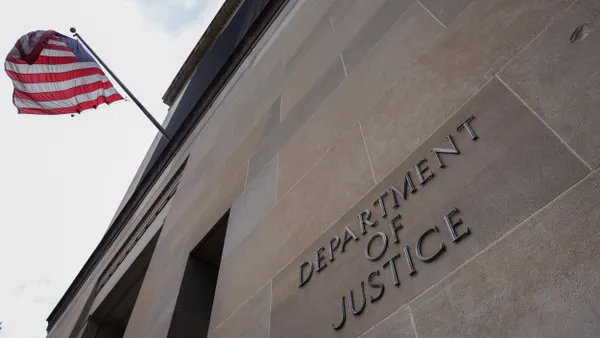After a year of increased violence and higher homicide rates in many U.S. cities, experts are now warning of a potentially violent summer to come.
In the first three months of 2021 alone, the number of homicides across 34 cities increased 24% compared with the first quarter of 2020 and by 49% compared with the first quarter of 2019, according to a new report the National Commission on COVID-19 and Criminal Justice released Friday.
As local leaders continue to attempt to pinpoint why the spike in violence has occurred, mayors from Baltimore to Oakland, California, gathered at a virtual U.S. Conference of Mayors event this week to discuss how they are reimagining public safety, gun violence and policing amid the grim landscape of a deadly and violent year.
"The tragic murder of George Floyd and the tragic death of Breonna Taylor really provided a gut check for this nation, and it forced mayors into reimagining public safety and policing," Baltimore Mayor Brandon M. Scott said. "But the reality is that the moment we're defining what policing looks like is the most consequential decision any local government can make."
Scott — who described his own experience with gun violence in Baltimore, witnessing his first shooting before he was 10 years old — addressed one new way his city is changing its approach to policing.
Baltimore receives over 13,000 911 calls annually related to behavioral health issues, he said, even though police officers are not mental health or trauma professionals. To better address those calls, he said the city has launched a "911 diversion" pilot program, redirecting about 1,000 of the calls to mental health professionals instead of the police.
Other cities, including New York, Chicago, San Francisco and Denver have pursued similar programs that dispatch mental health professionals for certain 911 calls.
"Curing violence is only possible if our city government is concentrated and recognizes that police departments cannot solve this complex matter alone. We have been overburdening them with things that they are not equipped to deal with," he said.
Other experts at the virtual event echoed that sentiment, emphasizing that police officers have been "overburdened" and are not equipped to deal with issues like mental health or homelessness.
The police "cannot and should not be the first responder in every situation," Chicago Mayor Lori Lightfoot said. "We must meet community needs with proper funding and investment and avoid inserting police into roles where they are not suited."
Fresno, California, Mayor and former Police Chief Jerry Dyer also said the police have been asked to do "too much for too long."
In addition to addressing police reform, speakers discussed the financial costs of gun violence in the U.S. That violence has an annual price tag of approximately $280 billion, according to Shani Buggs, assistant professor of violence prevention research at the University of California, Davis.
The Biden administration’s American Rescue Plan (ARP) Act poses new opportunities for relief from those costs, though, speakers said. And the U.S. Department of the Treasury recently issued guidance that communities can use ARP dollars for community violence intervention efforts.
"The recent commitments from the Biden-Harris administration to invest in community violence intervention, and to invest specifically in marginalized communities of color, are potentially game-changing," Buggs said.
The administration’s American Jobs Plan also has the potential to help mitigate violence. "[The] plan, with its commitments to spur economic development and address structural determinants of health and safety, has the real potential to counter the inequities that drive the violence we see today," she said.












